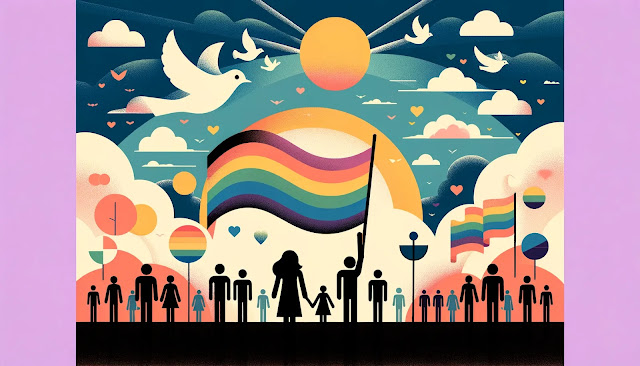Changing the Constitution: An Economic Miracle, or Just Another Round of Trouble?

So, they want to change the Constitution again. This time, they claim it's for the economy's sake, heralding it as the key to a golden age for the Philippines. The idea of foreign investments flooding in, businesses mushrooming, and jobs available for all sounds enticing. But haven't we heard these promises before? Recall the '70s, when martial law was pitched as the solution to all ills, promising a "New Society" to make the Philippines great. However, historical records show that the era, while marked by infrastructural development, also led to economic downturns, with the country's foreign debt ballooning from $2.3 billion in 1972 to $28.3 billion in 1986. Now, the appeal for prosperity and a brighter future for our children is universal. Yet, skepticism arises from the notion that a few amendments could miraculously rectify deep-rooted issues. The current Constitution, designed to shield us from abuse, has its merits. The question arises:




